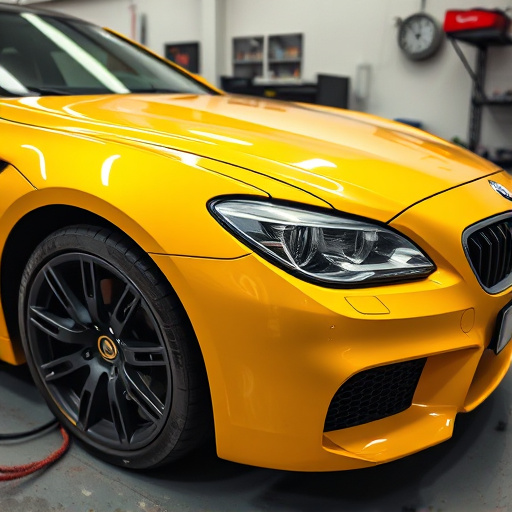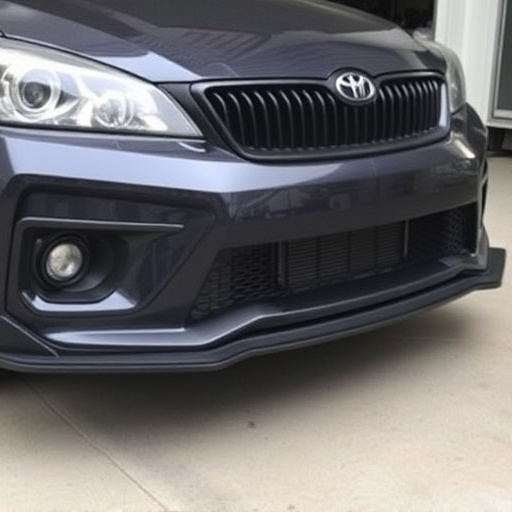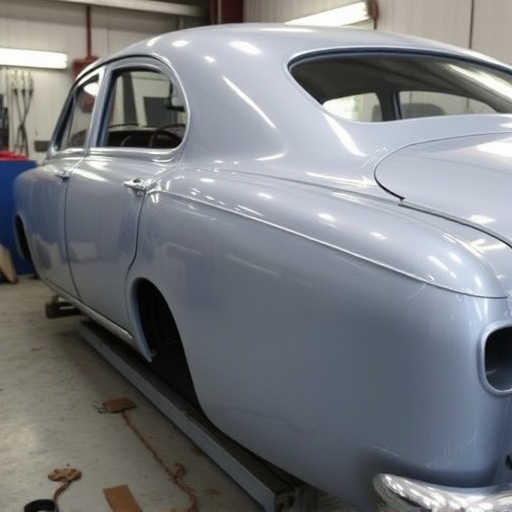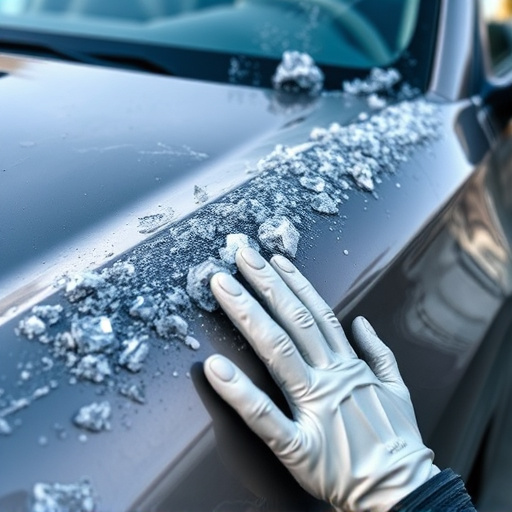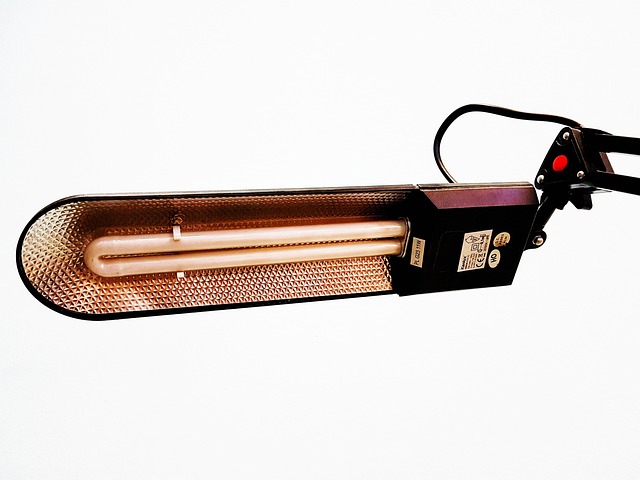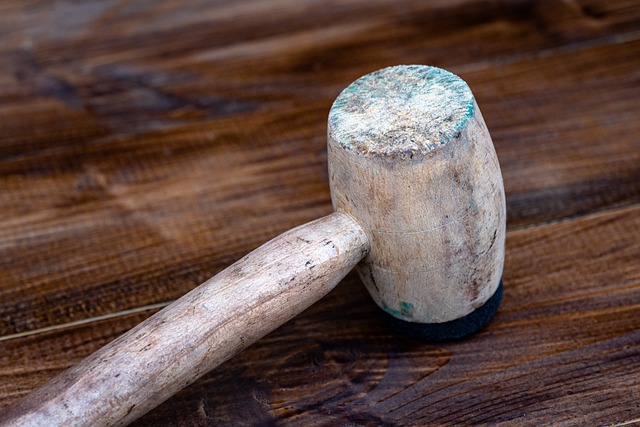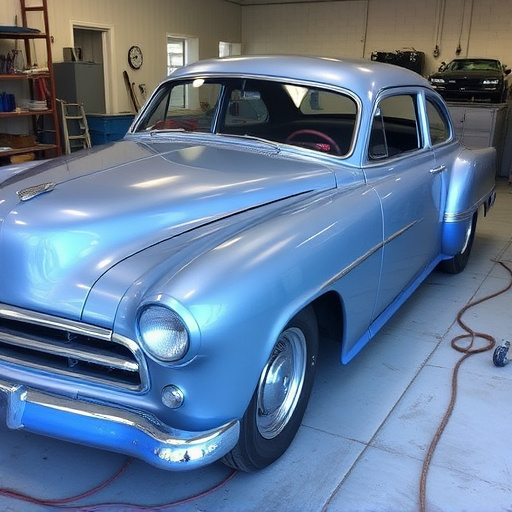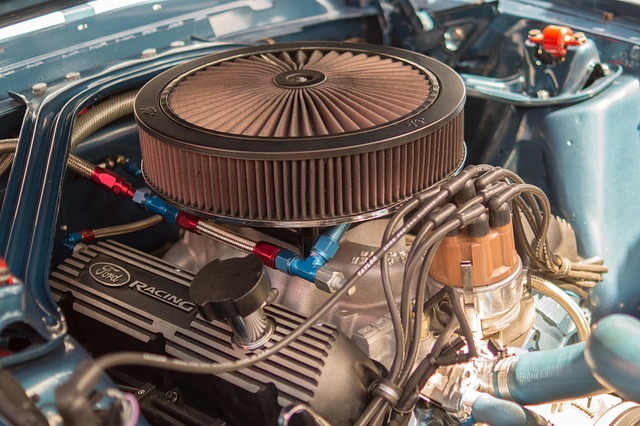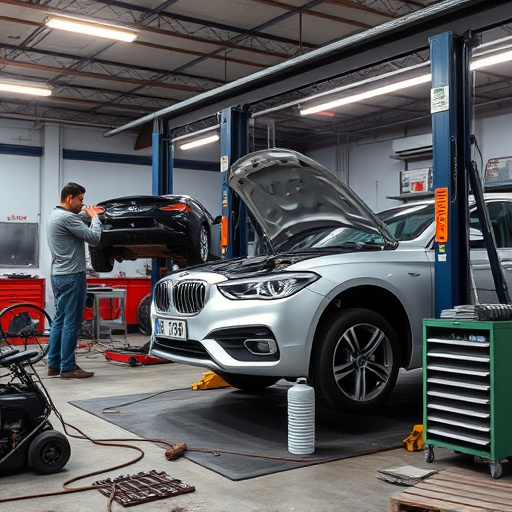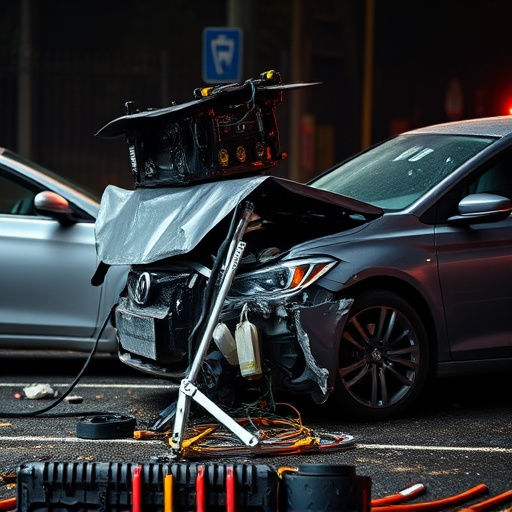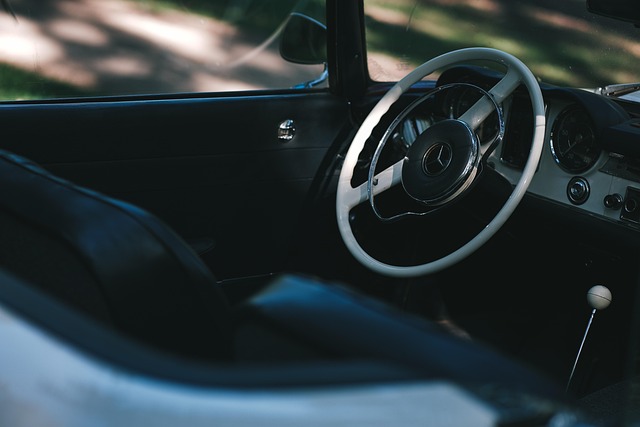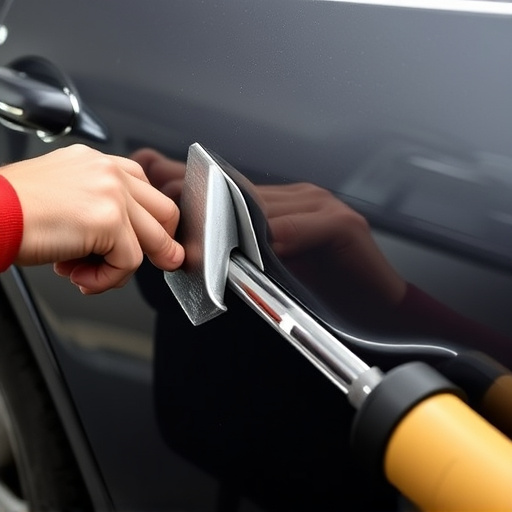Silicon bronze welding, an alloy of copper, tin, phosphorus, and trace elements, excels in high-temperature applications like bumper repair and vehicle restoration. Its superior strength-to-weight ratio and corrosion resistance make it ideal for metalworking and car scratch repair. In the automotive industry, its versatility and durability have made it a go-to for complex repairs involving dissimilar metals. Best practices for long-lasting repairs include specialized techniques, clean environments, precise preparation, and post-repair inspections to ensure structural integrity and customer satisfaction.
Silicon bronze welding has emerged as a game-changer in repair techniques, offering durability and corrosion resistance unparalleled by many materials. This article delves into the industry standards surrounding silicon bronze, exploring its unique properties and advantages. We’ll guide you through the application process, providing best practices to ensure longevity in repairs. By understanding these standards, professionals can harness the full potential of silicon bronze welding for robust and long-lasting solutions.
- Understanding Silicon Bronze: Properties and Advantages
- Application of Silicon Bronze Welding in Repairs
- Best Practices and Industry Standards for Longevity
Understanding Silicon Bronze: Properties and Advantages

Silicon bronze is an alloy that has gained significant attention in various industries for its exceptional properties and advantages when used in welding processes. This metal is a combination of copper, tin, phosphorus, and other trace elements, creating a unique material with enhanced durability and corrosion resistance. Its ability to withstand high temperatures makes it ideal for industrial applications, including bumper repair and vehicle repair.
The use of silicon bronze in car scratch repair and other metalworking tasks offers several benefits. It exhibits excellent mechanical properties, such as high strength-to-weight ratio and good tensile strength, making it suitable for demanding structural applications. Additionally, its natural resistance to corrosion contributes to the longevity of repaired components, ensuring that vehicle repair processes utilizing silicon bronze welding result in durable solutions.
Application of Silicon Bronze Welding in Repairs

Silicon bronze welding has established itself as a preferred method in the automotive industry for various repairs, particularly in vehicle body shops dealing with bumper repair and other metal fabrications. This specialized technique offers several advantages when it comes to joining dissimilar metals, which is often required in complex vehicle repair processes. The unique properties of silicon bronze make it highly suitable for these applications, ensuring structural integrity and superior durability.
In a vehicle repair scenario, silicon bronze welding allows for the seamless integration of different metal components commonly found in modern vehicles. Its excellent corrosion resistance makes it ideal for outdoor repairs, such as fixing damaged car bodies exposed to varying weather conditions. Moreover, this welding process can accommodate tight tolerances, ensuring precise and accurate repairs, which is crucial when dealing with intricate vehicle body parts. As a result, silicon bronze welding has become an indispensable tool in the arsenal of professional vehicle body shops.
Best Practices and Industry Standards for Longevity

Maintaining longevity in auto body repairs is paramount, especially when considering materials like silicon bronze for welding. Industry standards recommend adhering to best practices that ensure durability and structural integrity. This includes utilizing specialized techniques tailored for silicon bronze welding, as it’s a unique alloy requiring precise handling. Skilled technicians should employ clean, controlled environments to minimize contamination, and maintain proper joint preparation and fit-up to guarantee strong welds.
Regular maintenance and inspections are crucial post-repair. Auto body shops should establish protocols for quality assurance checks, focusing on stress points and areas prone to damage during dent removal or car repair processes. By adhering to these industry standards, shops can extend the lifespan of their repairs, enhancing customer satisfaction in their dent removal and car repair shop services while fostering a reputation for high-quality work.
Silicon bronze welding has proven to be a reliable and durable solution for repairs across various industries. By understanding the unique properties of silicon bronze and adhering to best practices, professionals can ensure long-lasting results. Industry standards emphasize the importance of proper preparation, skilled craftsmanship, and consistent quality control to maximize the lifespan of silicon bronze welds. Embracing these standards will continue to solidify silicon bronze welding as a go-to method for high-quality repairs.

